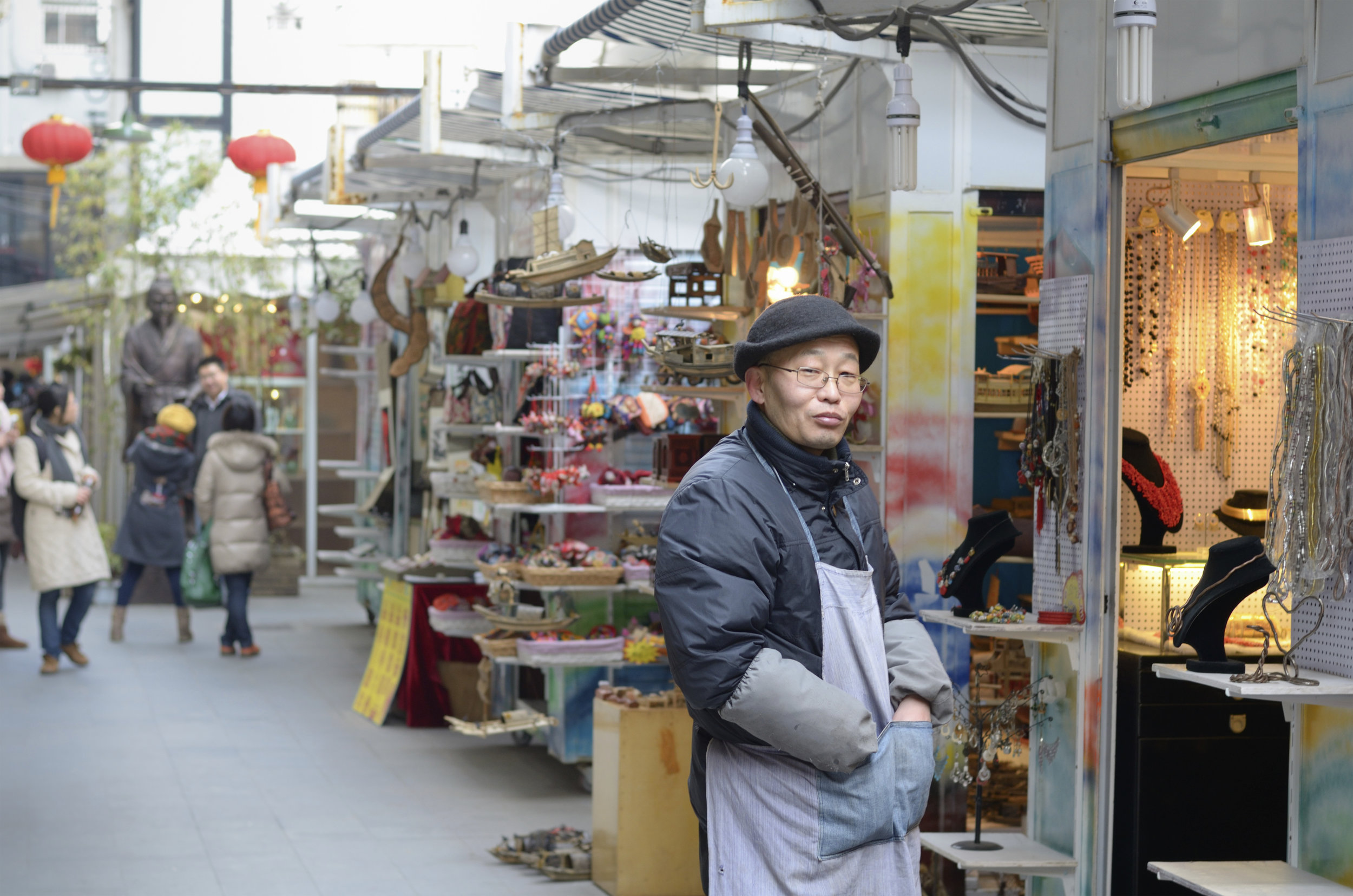A Light Shining, Part 2: Christmas in a “Flat” China
This is the second post in a three-part series from a Chinese pastor. We encourage you to continue reading Part 1 and Part 3 for his further reflections on the celebration of Christmas in China.
In 2005, Thomas Friedman published his book called The World Is Flat. A reviewer said, “What Friedman means by ‘flat’ is ‘connected’: the lowering of trade and political barriers and the exponential technical advances of the digital revolution have made it possible to do business, or almost anything else, instantaneously with billions of other people across the planet.”
People around the world are more connected now in this century than ever before. While most people in the world haven’t yet realized how flat the world is, people in China actually do live in a flat world. In China, the cities and villages are connected. For the past ten years the Chinese government has relocated more than 300 million people from the countryside to cities and the process is still going on. China’s cities are now connected to each other. The high-speed railway system and air transportation are so developed that people can easily travel to different cities within short periods of time. China and the world are connected; nearly 100 million Chinese visited other countries in 2013 alone.
While the economy is developing and people are traveling, the culture is changing, too. Traditional American fast food restaurants such as McDonalds, KFC, Subway, and Pizza Hut can be found in almost all major shopping centers and main streets in Chinese cities. More surprisingly, most people probably do not realize that Christmas is now one of the most celebrated holidays in communist China! Why? There are many reasons for this phenomenon. But, I will list the three most important ones.
First, Christmas is about commerce. Commercial activities reflect the changing value system among people in China. Before the economic reformation of the 1980s, money was not an idol among people. The traditional Chinese value system of family reputation, honesty, and honoring parents is cracking and money, power, and sex have become new idols for society. Growing incomes have provided vast potential opportunities to buy things. Companies won’t miss any opportunity to sell, especially during the Christmas sale. And how can you make a Christmas sale without building a Christmas culture?
Second, Christmas is about joy. Chinese people love to get together to celebrate. Christmas brings a whole new set of celebrations. There is new music in the numerous Christmas songs and new ways to decorate buildings, houses, rooms, windows, and even cars. There are new fashions and Christmas clothing. And of course there is new food and the new symbols of Santa Claus and Snow White! Christmas is a new adventure for most Chinese. After secluding herself for more than forty years, now China wants to see the world. And Christmas brings a new joyful world to China.
Third, Christmas is about belief. Economic freedom is based on and developed from a belief. While communism believed in equal distribution, the planned economy was invented. The economic reformation in China is truly a reformation of belief: giving up communism and adopting capitalism. Christmas is a religious expression of the Christianity in which capitalism was rooted.
How about the “old generations,” “the unchangeable,” “the conservatives?” At the beginning many older generations of Chinese did not like Christmas so much, but they also have not minded standing in a long line in order to receive Christmas discounts or big Christmas sales. If you ask them if Christmas is a good holiday, they will happily tell you, “Yeah, saving money is always a good thing!” and, “Change is inevitable! Now we can change the world!”
Children like Christmas for just the opposite reason. Instead of saving money, they like to spend money for joy! For them, Christmas is another holiday to receive money, gifts, and delicious food. Who can resist such temptation? For the young generation, they don’t even really know what communism is. They enjoy the current freedom and are searching for the meaning of life. They know that life is not only about money; life is about joy and belief. For the lucky ones, life is about true belief that brings people to real heavenly joy!
Now there are approximately 100 million Christians in China. While non-Christians enjoy the Christmas sales, Christmas music, and Christmas food, Christians in China celebrate the birth of Jesus Christ, the true Savior, who suffered for the world and for the Chinese people. And it is for this Savior that the Chinese Christians have been suffering until now. Every year, every day, and every moment, more and more people are giving up their idols and becoming Christians! For Christians in China, Christmas is a sign of new belief and a victory of faith.
During the Christmas season, I have a prayer for my China. I ask you to join me in praying for the Chinese people.
Dear Heavenly Father, we praise you for your faithfulness and your love for the Chinese people. We praise you for answering the prayers and dedicated work of your servants James Hudson Taylor, Lottie Moon, Charles Studd, Pearl Buck, David Howard Adeney, and many others. Today we have witnessed the fruits of their labors. We pray that your Gospel will change people’s hearts and bring salvation to people in China. We also pray that China will become a Christian nation in this world and Chinese believers will be your living vessel for advancing your kingdom by raising more faithful Christian families, by sending more missionaries to the whole world, and by releasing those in hunger and poverty in this world. In Jesus’ name, Amen!

